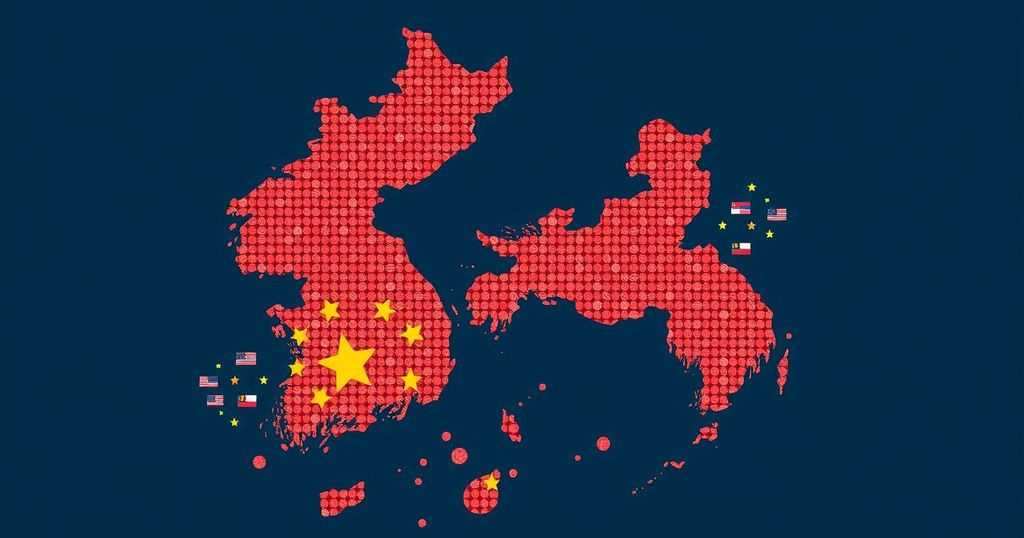President Xi Jinping’s recent warning regarding instability on the Korean peninsula signifies China’s increasing concern over geopolitical tensions. His remarks underscore the dual challenges China faces in managing relations with North Korea and the U.S.-led military alliance. This situation poses significant strategic implications for regional security and China’s national interests.
Last week, President Xi Jinping of China issued a significant warning regarding heightened risks associated with instability on the Korean peninsula, indicating Beijing’s growing apprehension about potential geopolitical shifts. This statement, delivered during a meeting with outgoing U.S. President Joe Biden at the Asia-Pacific Economic Cooperation (Apec) summit in Lima, Peru, reflects China’s concern over escalating tensions stemming from North Korea’s nuclear provocations and the complex interplay of international relations in the region. Xi articulated that China “does not allow conflict and turmoil to happen on the Korean peninsula,” emphasizing the nation’s commitment to safeguarding its strategic security and core interests amidst increasing regional volatility.
The ramifications of North Korea’s actions, including its military support for Moscow amidst the ongoing war in Ukraine, have placed additional pressure on China to manage relations with both Pyongyang and Moscow while deflecting scrutiny concerning its affiliations. Observers note that Xi’s warning underscores not only concerns about North Korea but also reflects unease over the burgeoning military alliance among the United States, Japan, and South Korea. Lee Seong-hyon, a visiting scholar at Harvard University’s Asia Centre, remarked that Xi’s address revealed Beijing’s recognition of the threat posed to its national interests by escalating tensions, which carries “profound strategic implications” for the region.
The Korean peninsula has been a focal point of geopolitical tension due to North Korea’s ongoing nuclear ambitions and the responses of global powers. The situation is further complicated by North Korea’s recent military collaborations with Russia and joint defensive measures taken by the U.S., Japan, and South Korea, creating a multifaceted diplomatic challenge for China. As a key regional player, China is tasked with balancing its relationships with North Korea and the U.S. while positioning itself as a stabilizing influence in a rapidly changing international landscape.
In conclusion, Xi Jinping’s warning regarding the Korean peninsula highlights China’s growing concerns about regional stability amid heightened tensions and the potential geopolitical ramifications of U.S. engagement in the area. China faces the challenging dual task of maintaining its strategic interests while projecting itself as a stabilizing force. The reactions of China, North Korea, and other regional players will be crucial in shaping the future dynamics of the Korean peninsula and broader East Asian security.
Original Source: www.scmp.com






